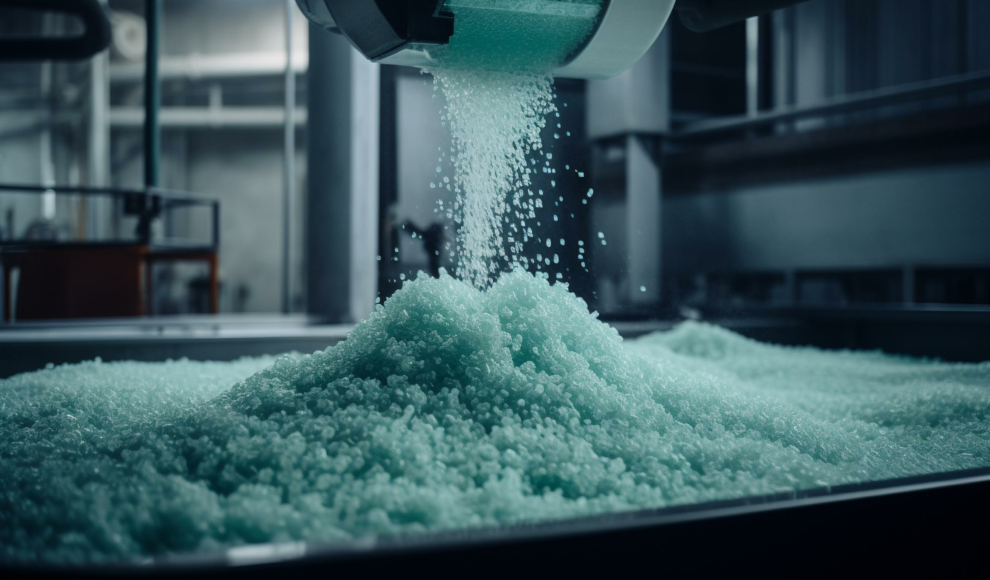A new chemical recycling process has been developed that efficiently breaks down plastic into its original monomer molecules, which can then be used to produce high-quality new plastics. According to the Heinrich-Böll-Stiftung e. V., only about 10% of global plastic production is recycled, with Germany’s recycling rate at just 16%. In response to the urgent need for new recycling strategies to reduce the negative impact of plastic on the environment, researchers at the University of Florida have investigated ways to simplify plastic recycling.
The industrial plastic recycling process involves three main phases: collection, sorting, and reprocessing. The researchers at the University of Florida focused on the problems associated with the reprocessing phase, where sorted plastics are typically broken down into smaller pieces and melted to create new products. However, the current thermal reprocessing process used for the majority of recycled plastic results in lower quality plastics due to the shortening of polymer molecules. The new approach is based on chemical recycling, which involves depolymerizing the polymers into their original, much smaller monomer molecules. These molecules can then be used to produce new polymers, which can in turn be used to create high-quality plastics.
While depolymerization has been used in industry before, it has been very energy-intensive. The researchers at the University of Florida have developed a new method that significantly reduces the energy required for depolymerization. This not only enables plastic recycling with less energy but also provides access to even higher quality plastics. The researchers believe that this new chemical recycling method could revolutionize plastic recycling and have received a prestigious MURI grant from the Department of Defense to further develop the recycling method.
In conclusion, the new chemical recycling process developed by researchers at the University of Florida has the potential to significantly improve plastic recycling and reduce the negative impact of plastic on the environment. With the support of the Department of Defense, the researchers are continuing to develop this innovative recycling method, which could have far-reaching implications for the future of plastic production and waste management.










